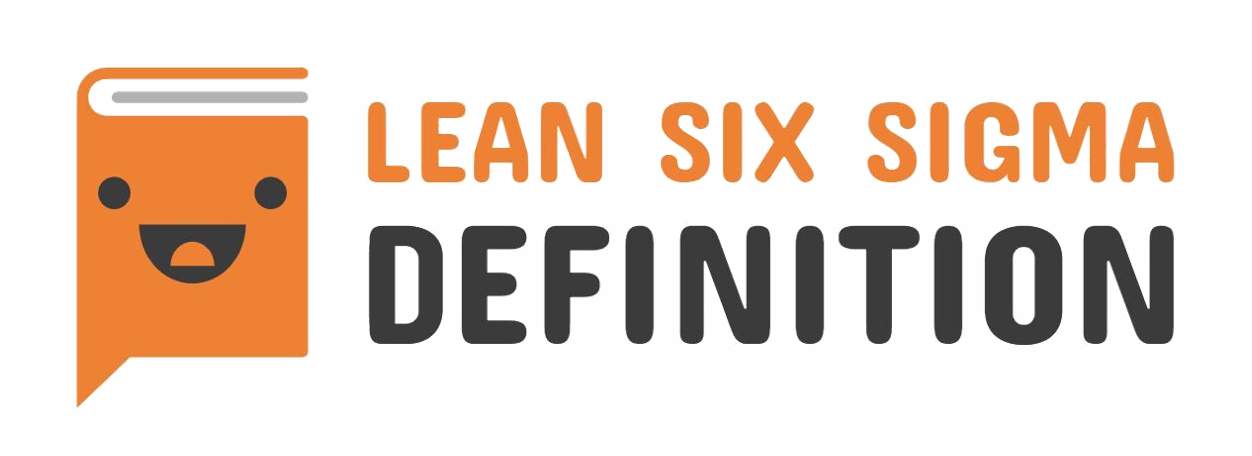Description
Lean Introduction Online Training Features
- $99 Special Pricing for the Understanding Lean course
- Access to digital slides
- Ability to sign up at a later date for the full set of Lean Agent Certification courses
- Once we process your payment we will provide you with your personal online training account
Contact us if you have additional questions.
Online Program Includes:
- 30 days of access to OpEx Learning Online program materials
- Online exams and quizzes
- Access to digital slides
Online Program Requirements
- A computer (device) with online access to the Internet
- Sound card and speakers
- Display Settings of at least 1024 x 768 screen size
- Access to Microsoft Office 2000 or newer or equivalent
- You are not to provide your login information to other users; your online account is for your personal use
- Please note there are no refunds once the program has been started or seven days after purchase
Understanding Lean Course Topics
Approximate course completion time: 8 hours
- Lean Introduction – Theory & Quiz
This section covers the history and background of Lean, starting with Henry Ford up through Toyota, including what it is and what it is not. You will learn about organizations that have successfully implemented Lean. We will discuss how Lean works in manufacturing and non-manufacturing environments, helping you see the hidden waste. You will also learn about the 5 lean principles of Value, Value Stream, Flow, Pull and Perfection. You will understand how variation and waste leads to process excellence, why improvement initiatives fail, and the House of Lean that describes the core Lean leadership principles needed for success. We will also discuss the importance of developing a learning organization, and watch a video of a morning meeting at FastCap.
- Principles of Lean and A3 Thinking – Theory & Quiz
This section reviews the 5 lean principles, and introduces the Lean Triad, called the 3 M’s (Muda, Mura, Muri). You will also learn about different problem solving processes like Plan-Do-Check-Act and the 8-Step Problem Solving Process. You will learn how to communicate and organize your problem solving progress onto one sheet of paper, called an A3.
- Kaizen – Theory & Quiz
This section introduces the Japanese word “kaizen” which means incremental and continuous improvement of our processes. Kaizen can be done in our own work areas to save ourselves time and effort, while improving the quality of our work. We introduce a methodology called Kaizen Blitz which can be performed with a small team to make dramatic improvements to a targeted process, and is highlighted with a video. We also explain the popular kaizen event format, which is a multi-day session that brings together a team of people across multiple process areas to streamline the entire system. We share a video of a value stream mapping event, which follows the kaizen event format. We end the session with a discussion on a Lean Project, which is used for larger improvements that can take 3-6 months to complete.
- Foundation of Lean: Waste – Downloadable Resource, Theory & Quiz
One of the first ways to improve your process is to notice and identify the 3 M’s (Muda, Muri and Mura). We start with Muda, learning the 8 different types of waste, summarized by the acronym DOWNTIME. We will explain each of the 8 wastes, and give examples across multiple industries and sectors. We go through the other two M’s (Muri and Mura) and end with a video exercise of someone making toast, where you can practice spotting waste in the process.
- Lean Case Studies – Theory & Quiz
This section covers a few case studies across different sectors. We’ll take a look at the Province of Saskatchewan and how Lean applies to a government agency. Then we’ll look at a nonprofit, Saint Bernard Project, and how they used Lean to rebuild more homes. Next, we’ll look at Pierson Workholding, a small CNC manufacturer, to learn how they adopted Lean into their processes. Finally, we’ll look at the health care industry at the Virginia Mason Institute, an early adopter of Lean.
Here are some screenshots from each of the modules:
Lean Introduction

Principles of Lean and A3 Thinking

Kaizen

Foundation of Lean: Waste

Lean Case Studies





